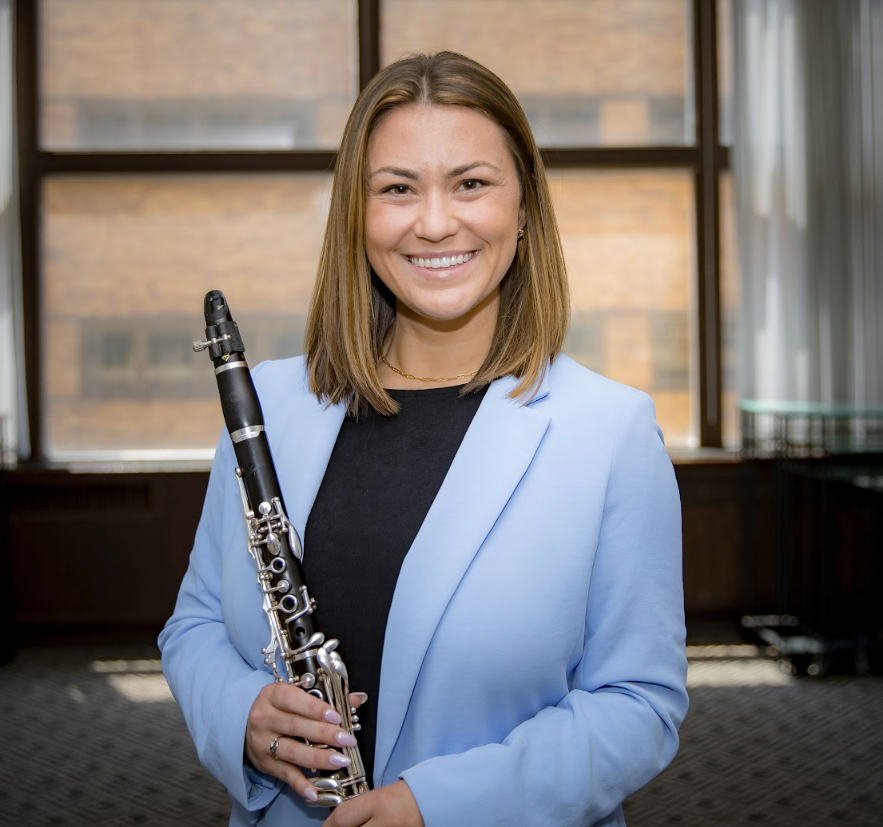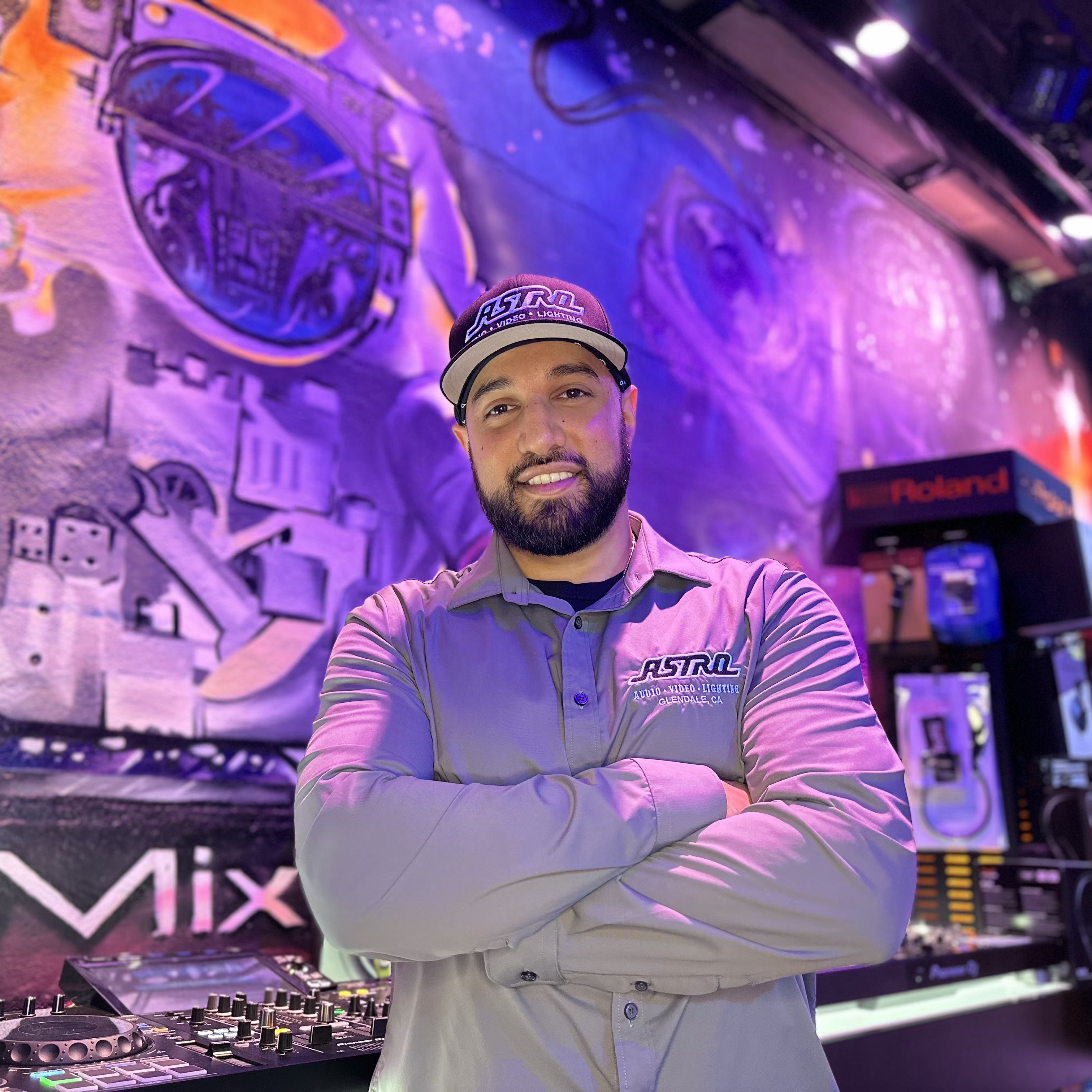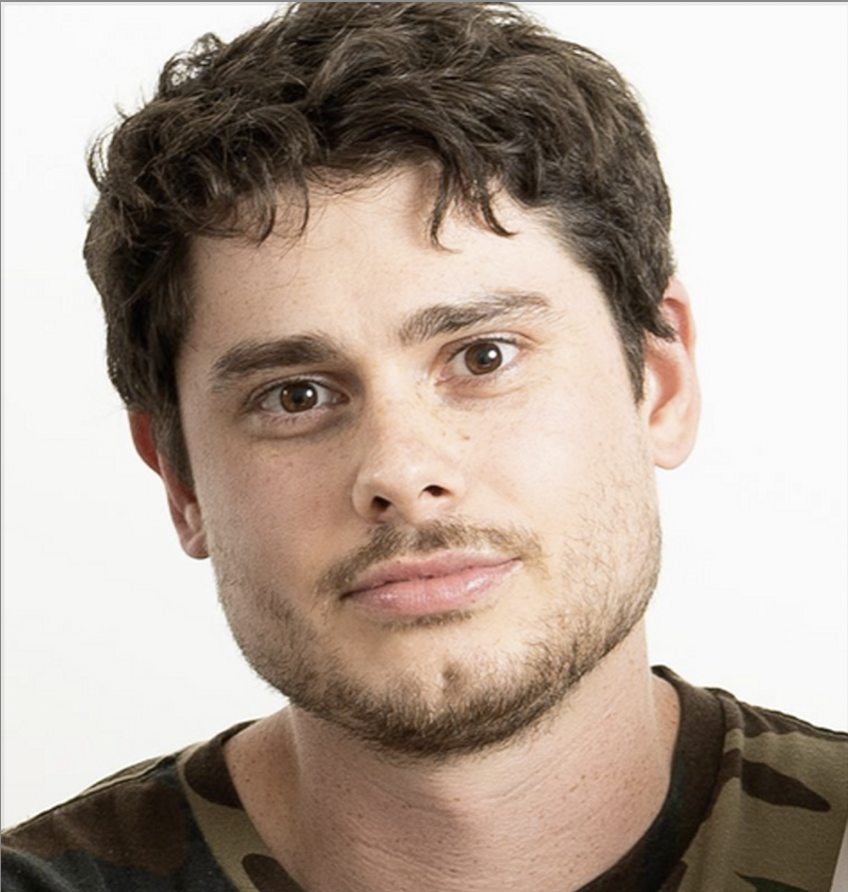After graduating with two music degrees, I felt prepared for a performance career, but needed the funding to travel to auditions and tour with an ensemble. Teaching was always a passion, but the university positions open to a new grad could not reasonably pay my bills.
My goal after graduation was to not leave music. I also felt like I didn’t belong to the wider “music industry.” Where does a classically-trained clarinetist fit into retail, manufacturing, recording, production or events? Throughout my college years, I had maintained a small number of lesson students. It was a hugely fulfilling experience for a few hours each week, and I knew I would be happy growing the studio and teaching full-time.
There was just one glaring issue: I had no idea how to start a business.
Frustration set in quickly when I realized that most of my colleagues were gigging or teaching, and trying to figure out the business side on the fly.
“Why don’t I know more about how to have an actual career in music?” “Why aren’t we learning about this in music school?” “Where am I supposed to acquire business skills?” “How do they expect us to make it work?”
These were all questions I asked myself as the overwhelming terror of being jobless set in. During my college years, I found myself working in event-based marketing for brands like American Express, Cadillac and Red Bull, which gave me practical experience in organic marketing. A high school internship at Hartland Music in Wisconsin also introduced me to dozens of successful private music instructors. They had shown me it was possible to support yourself through an independent lesson business.
When I relocated after music school, I spent 40-plus hours each week using every bit of organic marketing knowledge I had to get connected in my new community. I spent two months interviewing private music teachers about best practices around studio policy, accounting and marketing — skills they said were learned through trial and error. This meant reaching out to school music programs and local ensembles, posting in local online forums and on my personal social media, volunteering with student organizations, posting flyers around the community, and consistently following up with every single possible contact.
Within two and a half months, my studio was full with 43 students. I’m incredibly proud of the work and drive it took to establish my studio business. I’m also very frustrated that “trial and error” was the only option after six years of music school.
BRIDGING THE BUSINESS GAP
Now for the exciting news: You don’t have to muscle it on your own. Several university programs are developing music entrepreneurship and business courses with opportunities for students to explore a variety of industry career paths.
Professional organizations are also working to bring more business education to independent musicians. Joining NAMM has supported significant growth in both my studio business and my studio business accelerator program, Outside The Bachs. I’m thrilled that NAMM just launched its individual membership option, which makes it even easier to join as an independent musician.
Music careers and music entrepreneurship are increasingly common topics of conversation in social media content, podcasts and books. My own podcast, also titled “Outside The Bachs,” tells the stories of how musicians and music industry professionals have found their way. Finding experts and mentors to follow through these mediums is a huge help and inspiration.
Most importantly, I cannot overstate the importance of asking for help. When I reflect on my career, guidance from music industry professionals and music entrepreneurs has had the largest impact on my success and growth. This industry is such an incredible community, and I’m grateful to be a part of it. MI
Kelly Riordan is the CEO and co-founder of Outside The Bachs, an entrepreneurship program for private music educators.










